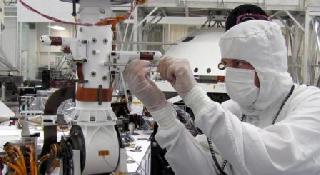
Sensors on two finger-like mini-booms extending horizontally from the mast of NASA's Mars rover Curiosity will monitor wind speed, wind direction and air temperature. Photo by NASA/JPL-Caltech.
PASADENA, CALIFORNIA (BNS): Spain is providing a key science instrument and the high-gain antenna communication subsystem for NASA's Mars Science Laboratory mission, on track for launch this year.
Representatives of the United States and Spain Thursday signed an agreement for cooperation on the mission at a ceremony held in Madrid, a NASA JPL release said.
The Mars Science Laboratory instrument provided by Spain is the Remote Environmental Monitoring Station, which will measure daily and seasonal changes in weather using sensors on the mast, on the deck and inside the mission's rover.
The rover's high-gain antenna will send and receive communications directly between the rover and Earth, using X-band radio transmissions.
The mission's rover, named Curiosity, is currently in vacuum-chamber testing at NASA's Jet Propulsion Laboratory, where it is being built and tested.
This is part of preparation for launch during the period November 25 to December 18, this year and landing on Mars in August next year.
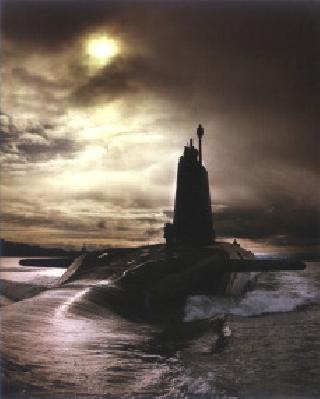 Previous Article
Previous Article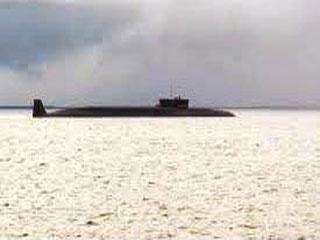 Next Article
Next Article
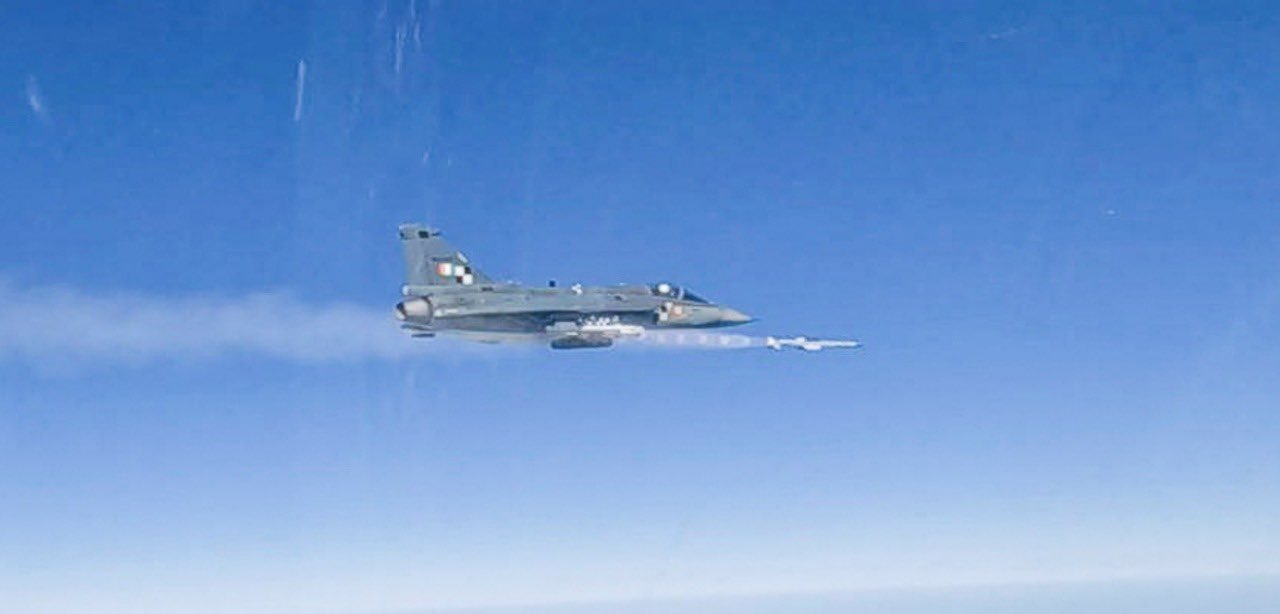
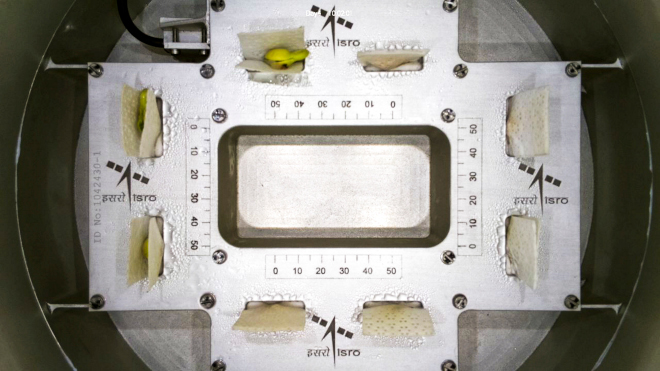









The Indian Air Force, in its flight trials evaluation report submitted before the Defence Ministry l..
view articleAn insight into the Medium Multi-Role Combat Aircraft competition...
view articleSky enthusiasts can now spot the International Space Station (ISS) commanded by Indian-American astr..
view article